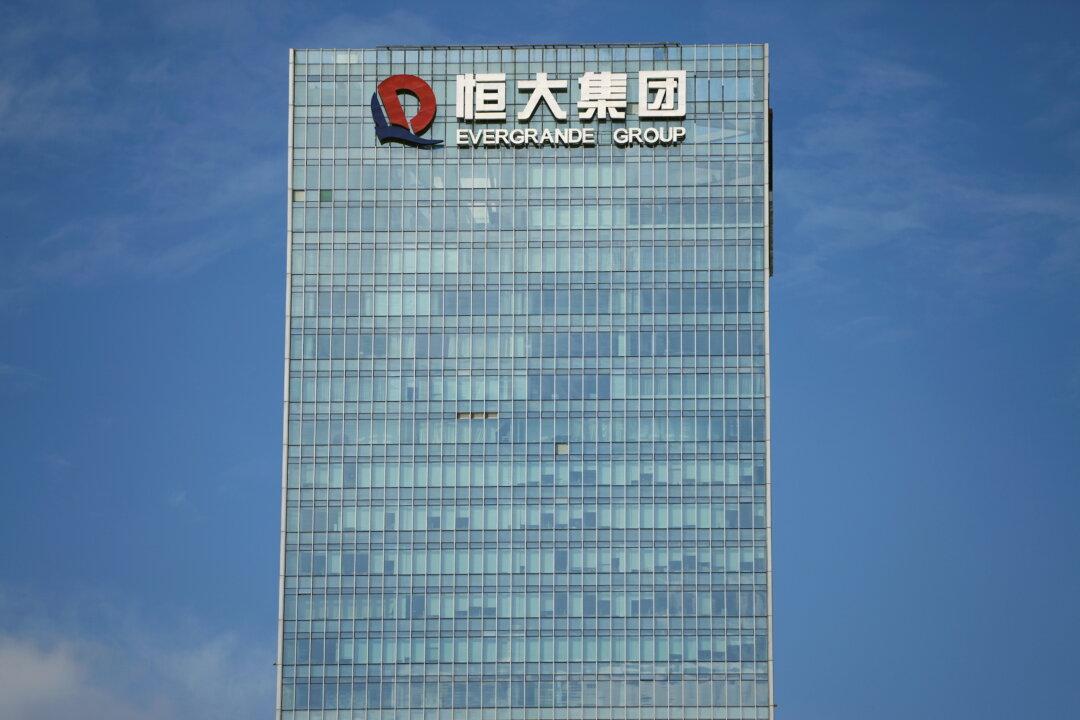New Analysis
After two major Chinese property developers—Evergrande and Kaisa—defaulted on their bond payments, the Chinese Communist Party (CCP) reiterated its bid to rein in its debt-ridden property market. However, experts believe that the CCP intends to turn private enterprises into state-owned entities that bolster state control.




